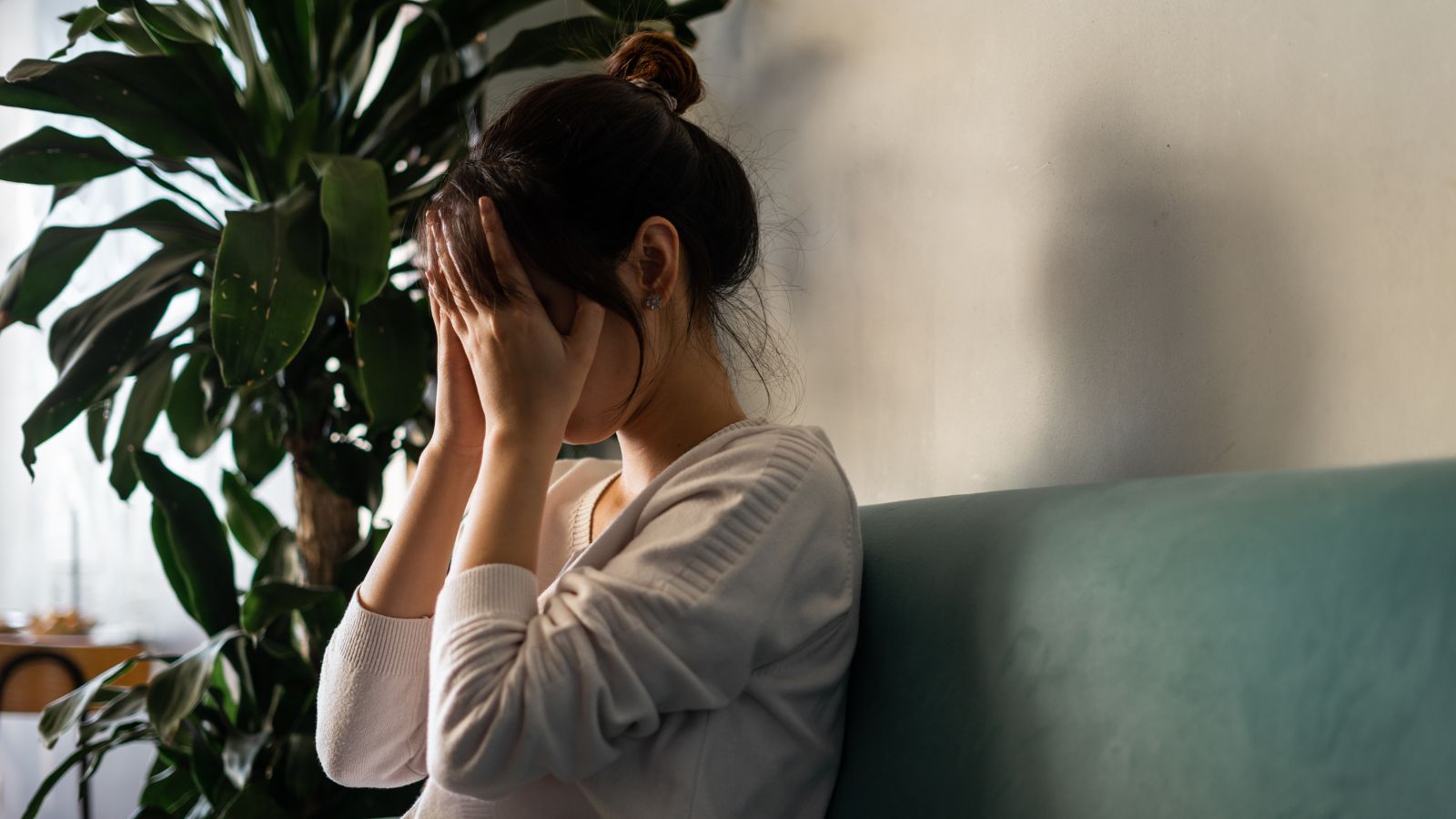We all have our moments of insecurity, but some habits can really make us come across as desperate and needy. It’s important to recognise these behaviours so we can present ourselves more confidently. These are the 19 worst habits to have if you don’t want to look desperate.
Constantly Seeking Validation

According to Psych Central, “You might seek too much validation as an adult if you received too little or too much external validation in childhood.” Relying on others to validate your worth can make you appear desperate. Whether it’s fishing for compliments or continuously asking for reassurance, this habit shows that you’re not confident in yourself.
Oversharing on Social Media

While sharing moments of your life on social media is common, over-sharing every detail can come across as a cry for attention. Posting excessively about your personal struggles or achievements might seem like you’re trying too hard to impress or gain sympathy from others. Striking a balance and keeping some aspects of your life private can help maintain your self-respect.
Needing to Be in a Relationship

Feeling incomplete without being in a relationship can make you appear needy, and this desperation often leads to settling for less than you deserve or clinging to toxic relationships. Learning to enjoy your own company and valuing yourself outside of a romantic relationship can significantly boost your self-esteem—and make you more attractive.
Comparing Yourself to Others

If you’re comparing yourself to others, it’s a surefire way to diminish your self-worth. Whether it’s comparing your looks, success, or lifestyle, this habit can make you feel inadequate and desperate for improvement. Instead of focusing on others, try to appreciate your unique qualities and achievements.
Agreeing with Others

Always agreeing with others to avoid conflict or to fit in can make you appear insecure. It’s okay to have your own opinions and express them respectfully, as people will respect you more for your honesty and confidence in your beliefs. Standing up for yourself doesn’t mean you have to be confrontational; it just shows that you value your own perspective.
Being Overly Apologetic

Constantly apologising, especially when it’s unnecessary, can make you seem desperate for approval. While it’s important to own up to your mistakes, over-apologising can indicate that you lack self-confidence. Try to recognise when an apology is truly warranted and when you should stand firm in your actions.
Trying Too Hard to Impress

If you always go out of your way to impress others, whether through exaggerated stories or unnecessary gestures, it can make you appear insecure. Authenticity is far more attractive than any facade you can put on, so be genuine in your interactions and let your true self shine through.
Always Seeking Attention

Craving attention to the point where you dominate conversations or act out to be noticed can make you seem desperate. It’s important to share the spotlight and show interest in others. Being a good listener and engaging in meaningful conversations can help you build stronger, more respectful relationships.
Not Setting Boundaries

A person who fails to set boundaries because they’re afraid of rejection or conflict, can make them look insecure. Boundaries are essential for healthy relationships and self-respect, which is why learning to say no and protecting your personal space shows that you value yourself.
Jealousy and Possessiveness

Being overly jealous or possessive in relationships can make it seem like you’re not secure in yourself, too. Trust is a fundamental part of any healthy relationship, and constant jealousy can erode that trust. Working on your self-esteem and trusting your partner will help you feel less threatened.
Fear of Being Alone

The fear of being alone may drive you to cling to others, making you appear desperate. It’s important to develop a healthy relationship with yourself and learn to enjoy your own company. Pursue hobbies, spend time alone, and embrace solitude. When you’re comfortable being alone, you’ll feel less dependent on others for your happiness.
Constantly Seeking Approval

Always seeking approval from others, whether it’s at work or in your personal life, can make it seem like you lack confidence. Instead, trusting your own judgement and being firm in your decisions is crucial. It’s okay to seek feedback, but relying too heavily on others’ opinions can diminish your self-worth.
Overthinking and Over-analysing

Overthinking and over-analysing every interaction can also make you appear uncertain. While it’s natural to reflect on conversations and events, obsessing over them can be detrimental. Try to stay present and not dwell too much on past interactions; confidence comes from accepting that you can’t control everything.
Being a People-Pleaser

If you constantly try to please everyone, you can seem desperate for acceptance. Remember, it’s impossible to please everyone, and trying to do so can lead to burnout and resentment. Focus on being kind and respectful, but don’t sacrifice your own needs and desires to please others.
Neglecting Self-Care

Neglecting your own needs and well-being to focus on others can make it appear that you don’t trust yourself. Self-care is essential for maintaining both your mental and physical health. Taking time for yourself, whether it’s through exercise, hobbies, or relaxation, shows that you value yourself.
Acting Overly Nice

Extreme niceness, to the point where you allow others to walk all over you, can make you seem desperate for acceptance. You should stand up for yourself and not let others take advantage of your goodwill. Confidence comes from balancing kindness with assertiveness.
Gossiping and Spreading Rumours

Gossiping and spreading rumours are just another way someone with low self-esteem tries to fit in. Negative talk about others often stems from a need to feel superior or to fit in with a group. Focus on building others up instead of tearing them down.
Ignoring Red Flags

In relationships or situations, if you ignore red flags because you’re afraid of being alone or rejected, it could be a sign of insecurity. You should always trust your instincts and recognise when something isn’t right. Addressing issues head-on and making difficult decisions shows that you value yourself and are not willing to settle for less.
Being Indecisive

One final habit to avoid is constantly being indecisive and relying on others to make decisions for you. Confidence comes from trusting your own judgement and being able to make decisions, even if they are difficult. Practise making small decisions on your own and gradually build up to more significant choices.







